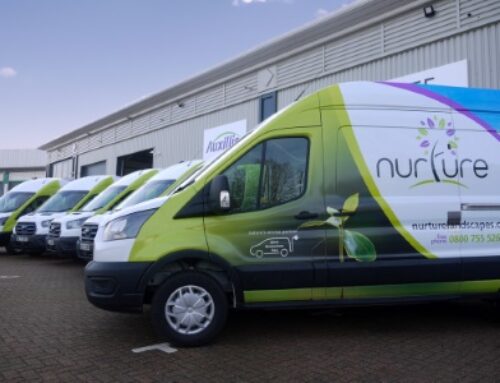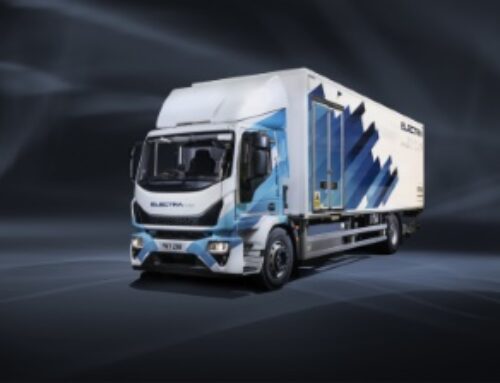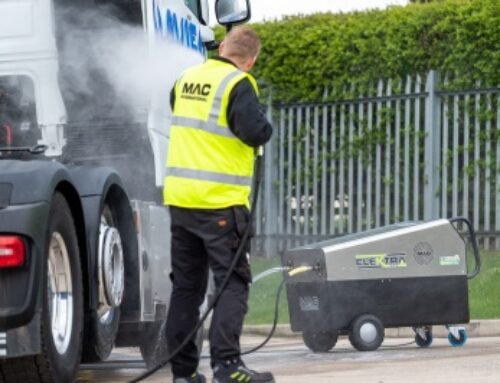Data is king
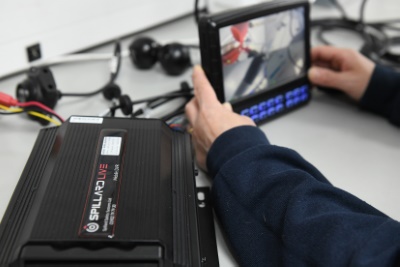 Jack Howard, head of Spillard Live, says it’s time to look beyond the obvious and embrace the wider advantages that video telematics can deliver
Jack Howard, head of Spillard Live, says it’s time to look beyond the obvious and embrace the wider advantages that video telematics can deliver
The transport sector’s understanding of telematics has certainly accelerated over the last eighteen months, but are companies really getting the most out of their investment in this area?
It’s the question we often find ourselves pondering, especially prior to engaging with potential new clients, who are a bit sceptical about return on investment and outlay.
Many of them have come to us to improve the safety of their drivers and the public at large and this is still the biggest attraction of our range of solutions. However, there is so much more that our technology can do when it comes to cutting costs, optimising efficiency, and proving compliance.
Spillard Live has really brought this into focus for transport operators. An intuitive cloud-based platform, it captures and streams real time video and analytics simultaneously from multiple cameras fitted to commercial vehicles and HGVs.
In the purest form, tracking a vehicle across a day’s work is helpful to understand efficiency metrics, such as fuel consumption and idling, but also to understand driving behaviour components like speeding events, harsh braking and cornering or shock events, or even driver distractions.
This data is very useful for an individual vehicle, but even more insightful when a group or entire fleet of vehicles is connected and collecting data. With trends, averages and benchmarks, outliers can then be more clearly seen and the reasons for this performance investigated.
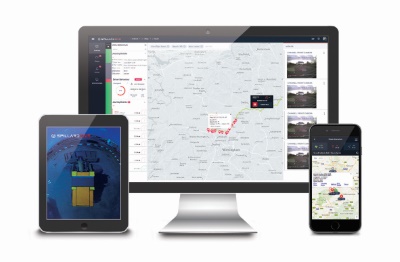 It’s not about proving culpability in this instance, more a case of understanding where there may be issues and using video to identify what training is required or where risk reviews can be adapted to deliver the desired outcome.
It’s not about proving culpability in this instance, more a case of understanding where there may be issues and using video to identify what training is required or where risk reviews can be adapted to deliver the desired outcome.
Finally, video verification can also be hugely important when confirming what has happened leading up to, during and after incidents. Having this capability can help prove who or what is at fault, and we’ve seen countless incidents when our technology has helped a company counter a claim of liability.
Adoption
We have been pleasantly surprised with the level of adoption to date, with more than 400 different companies signed-up to the Spillard Live platform. This covers thousands of different vehicles from big names, such as AF Blakemore (Spar), Lomas Distribution and DX Logistics.
A massive learning exercise has also been undertaken. We never believed we had all the answers and some of the early development work has been focused on listening to customer feedback and how that can be incorporated into our solution.
Talking to fleet managers, we have ensured reports can be configured on demand or on a frequent basis, made alerts and notifications so they can be tailored to preference and responsibility and put in the capability for fleets to be divided up and segmented.
What does the latter mean? Well, what we have learned is that telematics can be used in this way to evaluate whether fleet size is sufficient and how performance varies in different geographies and across several job types.
Using the technology in this way can also be easily adapted to deliver carbon reporting, a critical element of proving supply chain transparency and environmental performance.
So, the message is simple, the world of telematics is changing and delivering an increasing number of safety and operational benefits for the transport sector. Whilst there is still work to do, an increasing number of firms are beginning to explore these features and build them into their everyday way of working. We just need the rest to follow.








